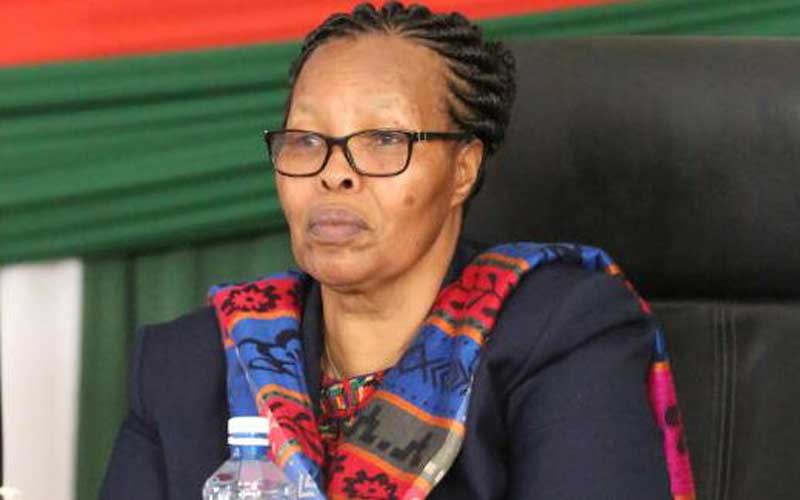×
The Standard e-Paper
Join Thousands Daily

At least 370,000 candidates who had been locked out of this year’s national examinations have one week to submit genuine birth certificates.
The Kenya National Examinations Council (Knec) has announced that it will reopen registration for both the Kenya Certificate of Secondary Education (KCSE) and the Kenya Certificate of Primary Education (KCPE) examinations between March 7 and March 15.